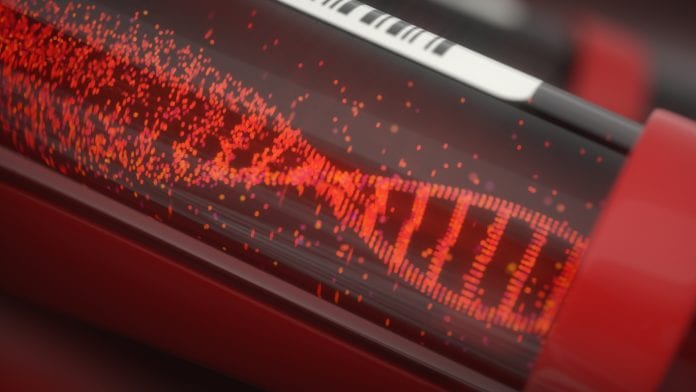
Researchers yearn to treat rare blood disorders, and now they may have found the solution with the investigational drug, sutimlimab.
Sutimlimab has shown promising results for the hard-to-treat, cold agglutinin disease, one of the many rare blood disorders that has no current approved treatments.
Demystifying rare blood disorders
Caused by a malfunction in the immune system, cold agglutinin disease causes antibodies to mistakenly latch onto and kill red blood cells. This rare blood disease is a type of hemolytic anemia, a condition that occurs when the bone marrow can’t produce red blood cells as quickly as they are destroyed.
Rare blood disorders are difficult to treat and for this particular disease majority of the patients are over 50 years old.
Moreover, cold agglutinin disease is thought to affect roughly 10,000 people in the United States and Europe.
To date, there are no U.S. Food and Drug Administration (FDA) approved treatments for cold agglutinin disease, though rituximab, a treatment for certain blood cancers, has previously been used with or without chemotherapy with limited success.
What do you know about sutimlimab?
In the study, sutimlimab, a specific C1s inhibitor, swiftly halted the destruction of red blood cells, increased haemoglobin levels, eliminated patients’ need for blood transfusions, and successfully caused no serious adverse effects.
Bernd Jilma, Managing Director of the Medical University of Vienna, Italy and senior author explains: “The drug was well tolerated, produced clinically meaningful increases in hemoglobin levels, and precluded the need for transfusions, even in patients for whom multiple prior therapies had failed”.
Treating the untreatable
The study found that within the first week of treatment, with a full dose of sutimlimab, destruction of red blood cells stopped, and patients’ haemoglobin levels significantly increased.
When sutimlimab treatment was discontinued and the drug had left the patients’ blood, haemoglobin levels dropped, and destruction of red blood cells began again. However, when treatment resumed, these effects were once again reversed.
Jilma concludes: “The drug clearly addresses an unmet medical need, as we have seen rapid, strong responses in patients for whom multiple prior therapies have failed.”






















